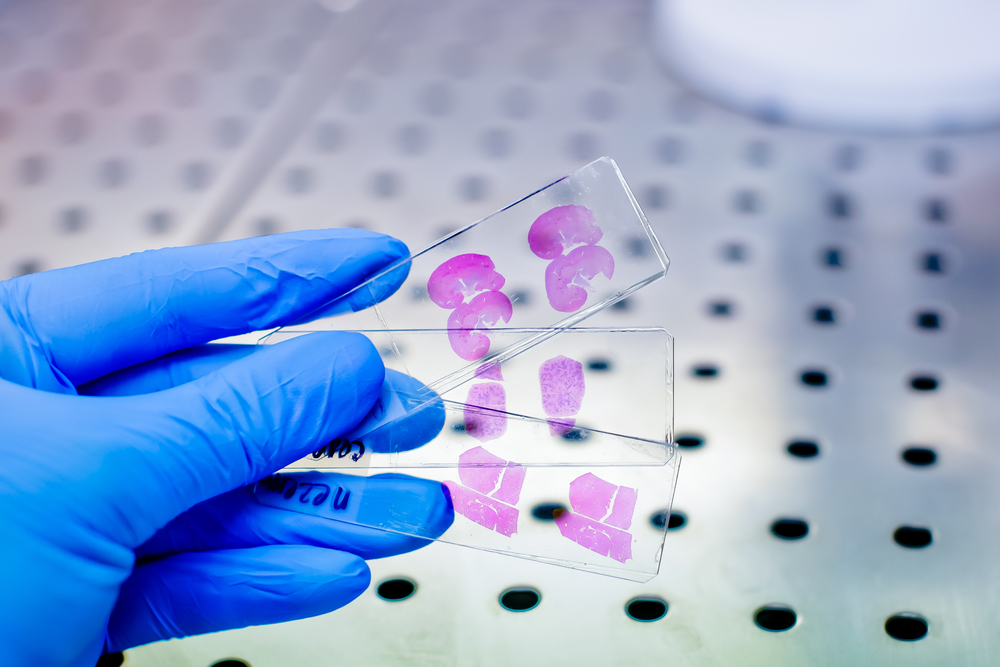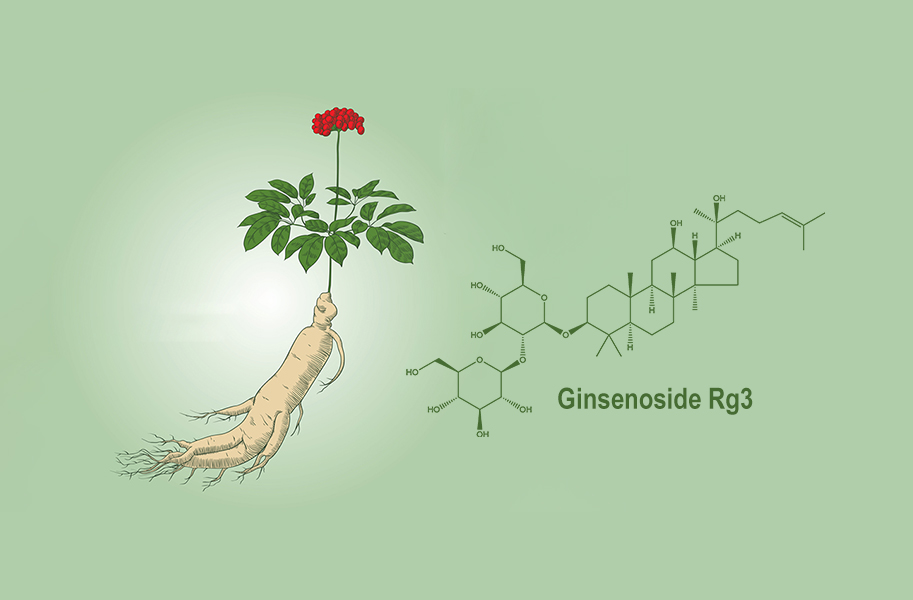Ginsenoside PPD holds potential in promoting metabolic health
 Metabolic disorders are associated with an increased risk of developing obesity, cardiovascular disease, stroke, and type 2 diabetes. People with metabolic disorders may have no obvious symptoms because the typical signs like increased blood pressure, abnormal cholesterol or triglyceride levels are difficult to find from naked eyes.
Metabolic disorders are associated with an increased risk of developing obesity, cardiovascular disease, stroke, and type 2 diabetes. People with metabolic disorders may have no obvious symptoms because the typical signs like increased blood pressure, abnormal cholesterol or triglyceride levels are difficult to find from naked eyes.
Like most of the chronic diseases, though not kill people’s life overnight, metabolic diseases are prevalent in people of all ages, which is not literally urgent but often considered a disastrous health problem in the long run.
Seven in eight people in the US has metabolic problems
A population-based study published last year investigated the metabolic health of about 8721 American adults. The factors used to measure metabolic health included blood sugar, triglycerides, high-density lipoprotein (HDL) cholesterol, blood pressure, and waist circumference. Researchers in the study found that only one in eight people in the United States were metabolically healthy. The study result was so alarming and prompted people to care more about metabolic health by developing healthy lifestyles.
Autophagy is linked to metabolic health
Autophagy is a self-preservation mechanism in which bodies can remove the damaged components in order to generate new ones. During this process, the bodies “eat” damaged cells to obtain additional nutrients and maintain cellular survival in response to stress conditions like nutrient starvation, endoplasmic reticulum (ER) stress, oxidative stress, and hypoxia.
Recent studies suggest that defective autophagy may be related to metabolic diseases such as obesity, diabetes, and its complications.
Sestrin2 activates AMPK to induce Autophagy
Sestrin2 is an antioxidant protein that cells in the body generate to fight against various stress reactions. It helps normal cells adapt to various cellular stress, thus playing an important role in protecting the metabolic balance in the human body.
Researchers have found that sestrin2 can activate the energy sensor AMP-activated protein kinase (AMPK) to further induce autophagy and promote metabolic health. Sestrin2 deficiency in the human body can lead to age-and obesity-associated metabolic pathologies.
Ginseng is a herb known for metabolic benefits
Ginseng is a reputed medicinal herb which is believed to have various biological activities. In terms of its role in promoting metabolic health, many studies have shown its potential for reducing blood sugar and cholesterol levels, and anti-diabetes activities.
Ginsenosides, the main active compounds in ginseng, are responsible for the bioactivities of ginseng. Protopanaxadiol(PPD), a type of metabolized ginsenosides was found to potentially promote metabolic health.
Ginsenoside PPD induced Sestrin2 expression which is required for autophagy
In a study published in the journal Cell Death and Disease, scientists found that ginsenoside Protopanaxadiol altered the Sestrin2 expression, activated AMPK, and induced autophagy. The study result provides insights into the benefits of ginsenoside protopanaxadiol in promoting metabolic health.
In addition to this study, previous studies also indicate the metabolic health benefit of ginseng. Researchers from RMIT University in Melbourne, Australia conducted a systematic review to investigate the health benefits of Panax ginseng by evaluating existing randomized controlled trials on Panax ginseng. The study found that Panax ginseng shows positive results for improving glucose metabolism and moderating the immune response, and it may help treat some diseases like type 2 diabetes and chronic respiratory conditions.
Ginseng has been proved to have metabolic benefits. There surely be some metabolic pathways involved in regulating glucose metabolism, and more studies are needed to clarify the molecular mechanisms of ginseng.
References:
Jin, H.R., Du, C.H., Wang, C. et al. Ginseng metabolite Protopanaxadiol induces Sestrin2 expression and AMPK activation through GCN2 and PERK. Cell Death Dis 10, 311 (2019)


